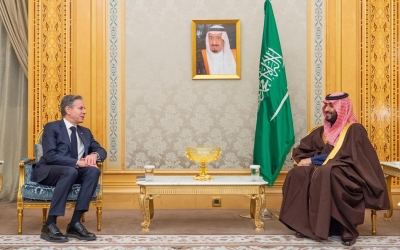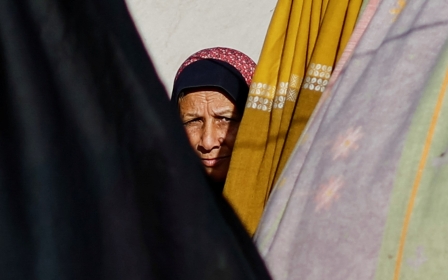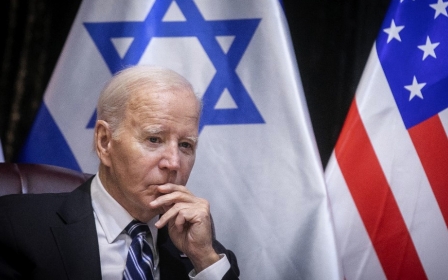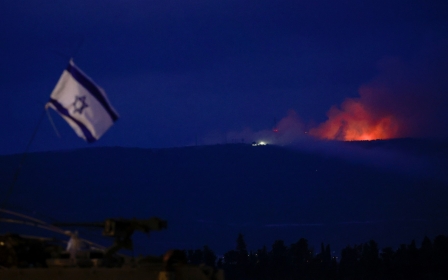War on Gaza: Hamas proposes 135-day, three-stage ceasefire deal with Israel
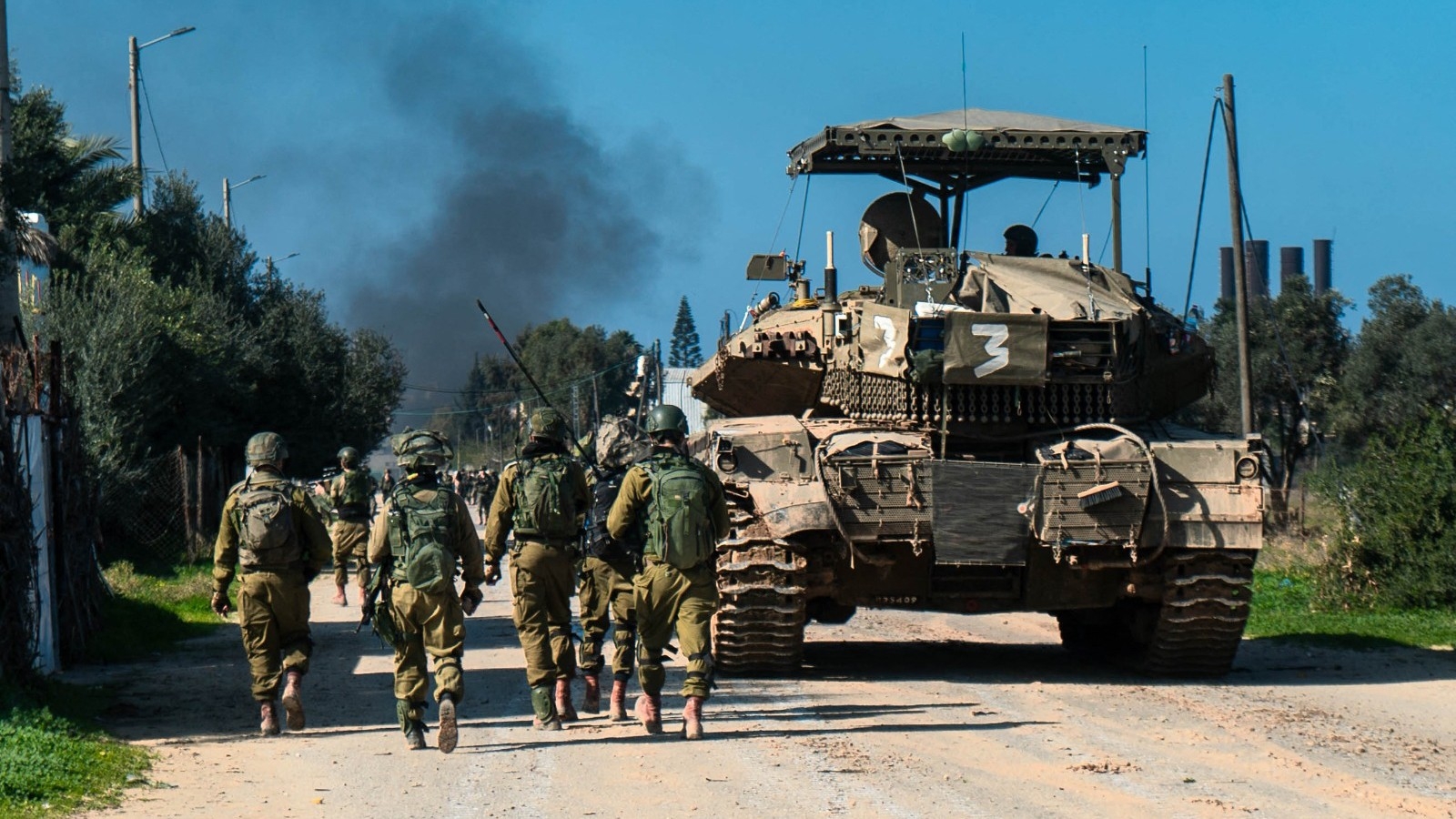
Hamas proposed a three-stage ceasefire deal on Tuesday that would last 135 days, lead to the end of Israel's war on Gaza and the exchange of Israeli captives for Palestinian prisoners.
According to a draft document of the proposal seen by Middle East Eye, the Hamas counter-offer envisions three phases of the ceasefire, each lasting 45 days.
All Israeli women, children under 19, the elderly and sick would be released from Gaza during the first 45-day phase in exchange for the release of all Palestinian female, children, sick and elderly prisoners over 50 years old from Israeli jails.
In addition, Israel would release 1,500 Palestinian prisoners, including 500 with life sentences.
The first stage would also see Israeli forces withdraw from populated areas of Gaza, allowing freedom of movements for Palestinians across the Gaza Strip, including the return of displaced people from south to north. Additionally, the United Nations would be permitted to set up tent encampments.
New MEE newsletter: Jerusalem Dispatch
Sign up to get the latest insights and analysis on Israel-Palestine, alongside Turkey Unpacked and other MEE newsletters
This phase would also see the cessation of all forms of air activity over Gaza, including reconnaissance, for the duration of the period.
The proposal calls for "a temporary cessation of military operations, a cessation of aerial reconnaissance, and a repositioning of Israeli forces far outside the populated areas in the entire Gaza Strip."
During the second phase, all Israeli male hostages, including soldiers, would be released for a number of Palestinian prisoner to be determined at a later time.
And in the third phase, the remains of those captives who have died would be exchanged. By the end of the third phase, Hamas would expect the sides to have reached an agreement on an end to the war.
The truce would also increase the flow of food and other aid to the embattled territory, where two million Palestinians are facing hunger and dire shortages of basic supplies.
In the draft's appendix, Hamas also called for an end to Israeli violence against Al-Aqsa Mosque, demanding a return to the mosque's pre-2002 security status.
Another request calls for the "resumption of all the humanitarian services offered to the population, all over the Gaza Strip, by the United Nations and its agencies, particularly Unrwa."
Unrwa is a crucial lifeline for the Palestinian people and supports some six million refugees who live within and outside of the occupied territories.
Founded 75 years ago, it provides direct assistance to the Palestinians, such as schooling, primary health care and other social services.
But, in recent weeks, Israeli officials have repeatedly sought to discredit the organisation, and alleged that 12 of the agency's more than 13,000 staff in Gaza were involved in the 7 October attacks on southern Israel.
Leading nations including the US, UK, Germany and Japan withdrew their financial support to the organisation last week, but according to a dossier obtained by MEE, which is just six pages long, Israel failed to provide any evidence that the 12 men were members of Hamas or other armed groups, or mention what role they may have played in the 7 October attacks.
'Generally positive'
Tuesday's proposal came in response to a plan put forward last week by Qatari and Egyptian mediators and backed by the United States and Israel.
On Tuesday, speaking at a press conference in the Qatari capital Doha, Qatar’s prime minister, Sheikh Mohammed bin Abdulrahman bin Jassim Al Thani, described Hamas's reaction to a proposed truce deal with Israel as "generally positive", without providing more details.

The ongoing war in Gaza started when a Hamas-led assault on Israel killed at least 1,140 Israelis. Israel retaliated by relentlessly bombing the Palestinian enclave and launching a ground invasion, killing at least 27,700 Palestinians and destroying large swathes of the area's civilian infrastructure.
Israeli officials have previously stated their intent to continue the war until they are able to decisively defeat Hamas, claiming that not even the International Court of Justice (ICJ) will stop them.
Israel is currently facing accusations of breaching the Genocide Convention at the ICJ, in response to a case filed by South Africa. In the interim, the court ordered Israel to take measures to prevent genocidal acts in Gaza, and allow the delivery of humanitarian aid.
In a statement released on Wednesday, Saudi Arabia defied a claim by the Biden administration that it would normalise relations with Israel before the achievement of a ceasefire in Gaza, also stressing its insistence regarding the creation of an independent Palestinian state.
China, on the other hand, accused the US of stoking tensions in the Middle East due to its "failure to implement a ceasefire" in Gaza and for its recent retaliatory strikes against Iran-backed groups in Iraq and Syria.
This article is available in French on Middle East Eye French edition.
Middle East Eye delivers independent and unrivalled coverage and analysis of the Middle East, North Africa and beyond. To learn more about republishing this content and the associated fees, please fill out this form. More about MEE can be found here.


